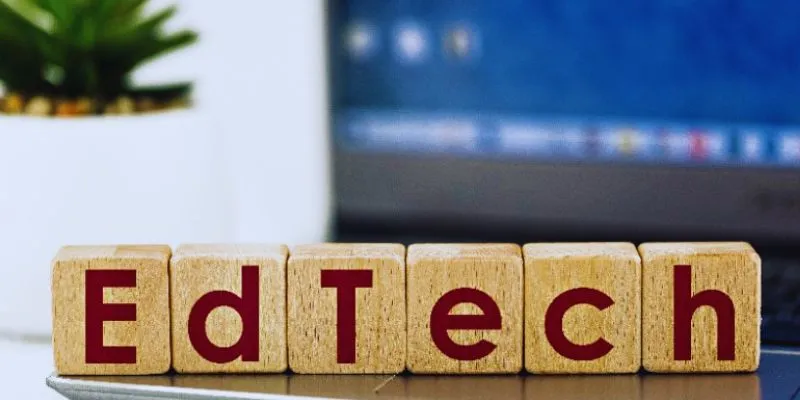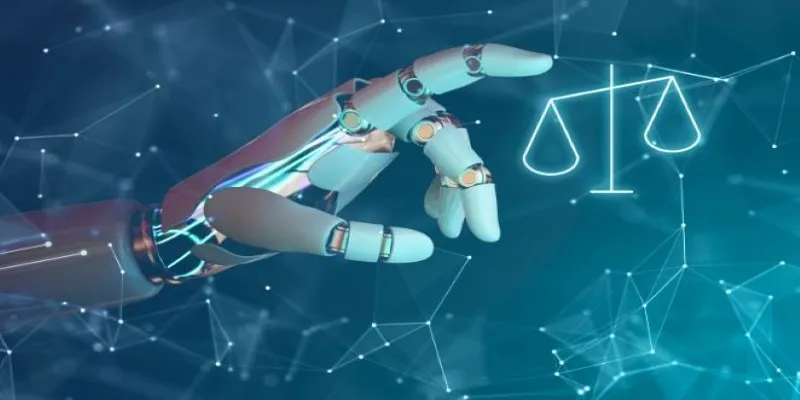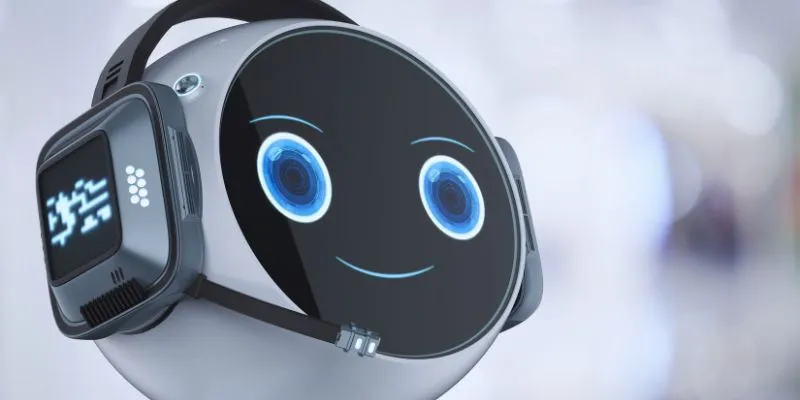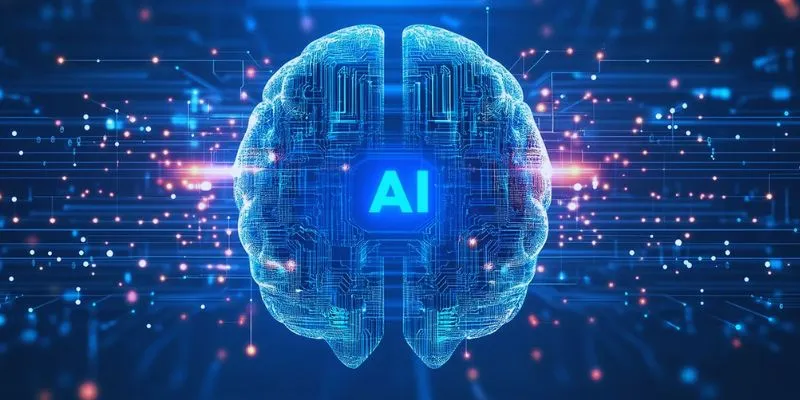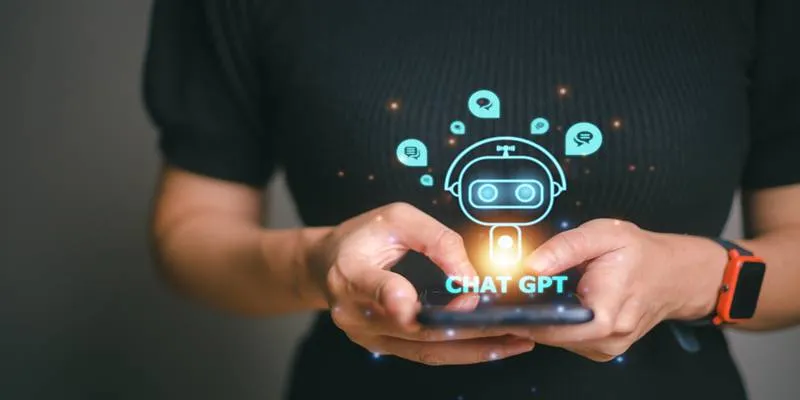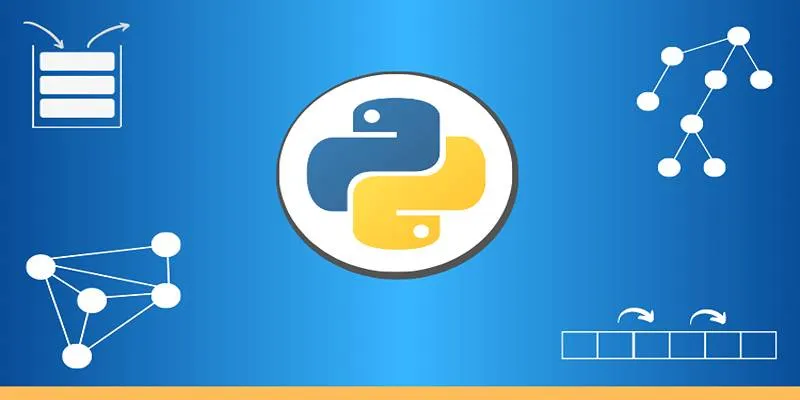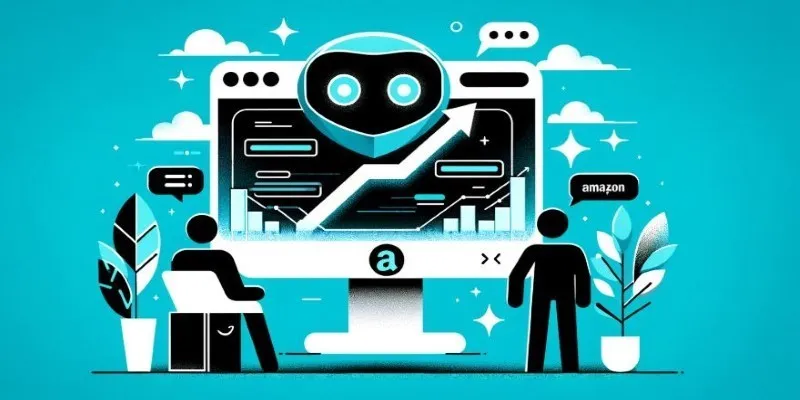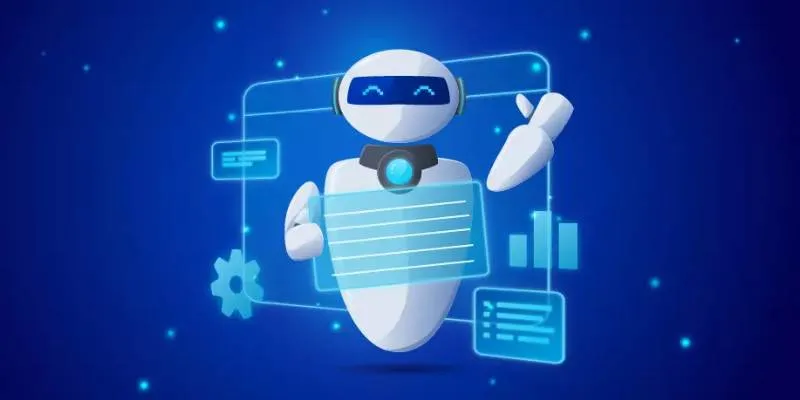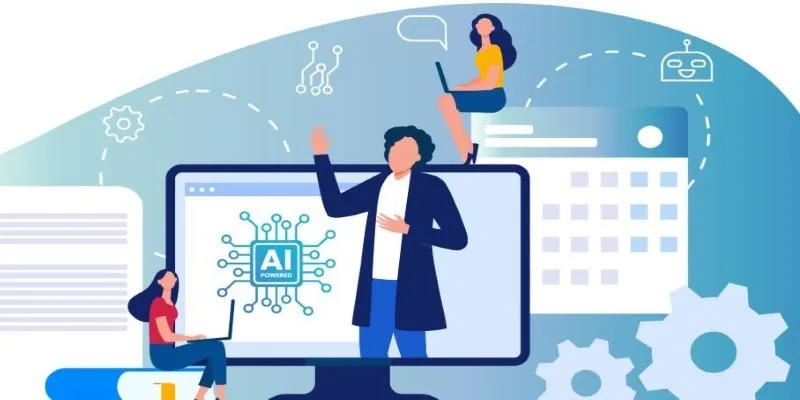Today, education has evolved significantly from its traditional form. New technological tools empower teachers and students with enhanced approaches to instruction and learning. EdTech systems, powered by artificial intelligence (AI), are advancing rapidly, providing personalized and engaging learning experiences. AI supports each student’s unique needs through intelligent technologies, offering feedback, tracking progress, and providing swift assistance.
AI also aids teachers with planning tools and insights. Students no longer have to wait for help; AI is always available. By 2025, these advancements will be even more pronounced. Many schools now rely on AI-powered tools, enabling education anytime and anywhere. This guide explores four main ways EdTech systems are utilizing AI to transform the learning environment.

4 Ways EdTech Platforms Enhance The Learning Experience With AI
Here are the four key ways AI is enhancing the learning journey on EdTech platforms for students and teachers.
Personalized Learning for Every Student
Each student absorbs information at their own pace and in their own way. Some students need more time or help, while others progress faster. AI tools in EdTech systems can understand these needs by monitoring student learning data. AI analyzes errors, time spent on tasks, and test results to create personalized learning paths. This approach ensures students engage with courses suited to their level and pace. For example, AI offers simpler tasks and additional practice if a student struggles with math, while recommending more challenging topics for those excelling in science. This personalization keeps students engaged and confident.
Additionally, personalized learning saves time by focusing on areas where the student needs improvement, helping them advance quickly and receive support throughout their educational journey.
Real-Time Feedback and Assessment
Receiving feedback is often a significant challenge in learning. Students may wait days for test results, which can delay progress. With AI-powered EdTech, feedback is immediate. AI tools evaluate responses as soon as students submit them, highlighting mistakes, assigning scores, and suggesting areas for improvement. This immediate feedback allows students to learn from mistakes right away. AI also identifies students who need help and tracks learning trends, providing insights for teachers to design better lessons. This real- time feedback strengthens the learning connection, helping students stay on track and make steady progress.
Smarter Virtual Tutors and Learning Assistants
AI is making learning more interactive and effective. Virtual tutors, powered by AI, assist students wherever help is needed, offering quick responses and easy-to-understand explanations. These online tutors are available 24/7 and never tire. For instance, if a student struggles with a math problem, they can ask the AI tutor for assistance, which will guide them step-by-step. Some AI tutors also use voice technology, providing a more natural learning experience akin to interacting with a real teacher. These assistants adapt their teaching approach based on the student’s pace and attitude, excelling in homework help, test preparation, and review. They promote learning outside the classroom, ensuring students are never left without support.

Better Planning and Support for Teachers
AI not only benefits students; it also aids teachers in managing their workload. Creating lessons, grading, and reporting consume significant time for educators. AI tools reduce this burden. Many EdTech systems now offer AI- powered lesson planning features, generating lesson plans based on grade, subject, and learning objectives. They suggest activities suitable for students’ proficiency levels, and track class performance, highlighting patterns, strengths, and gaps. This information enables teachers to support individual students and develop new lesson plans.
Furthermore, AI can send reminders, track attendance, and create class schedules, handling these tasks efficiently. This gives teachers more time to focus on teaching, reducing stress and enhancing preparedness. Better planning and insights benefit everyone in the classroom.
Future of AI in EdTech
The future of AI in EdTech appears promising, with exciting opportunities on the horizon. AI will become increasingly intelligent and versatile, potentially recognizing a student’s emotions and attitudes, allowing for adaptation based on student perceptions. Education will become more interconnected and human. AI will also facilitate global learning, creating virtual classrooms where students can share ideas and learn about different cultures.
AI will guide students through virtual science labs, historical tours, and practical activities, making learning visual, memorable, and enjoyable. Voice- based learning and gesture control will become vital for students with special needs. Enhanced tools will help teachers track, plan, and improve their teaching. AI will continue to make education more equitable, personal, and engaging, transforming how knowledge is absorbed worldwide.
Conclusion:
Artificial intelligence is revolutionizing education and instruction. EdTech systems leverage AI to make learning faster, more personalized, and smarter. Instant feedback, tailored lessons, and virtual tutors support students, while teachers benefit from time-saving tools and smarter planning. By 2025, AI will play a significant role in education, providing flexibility, enjoyment, and support to all students. The future promises even more intelligent systems and useful tools, making learning with AI more engaging, inclusive, and designed for everyone’s success.
 zfn9
zfn9
